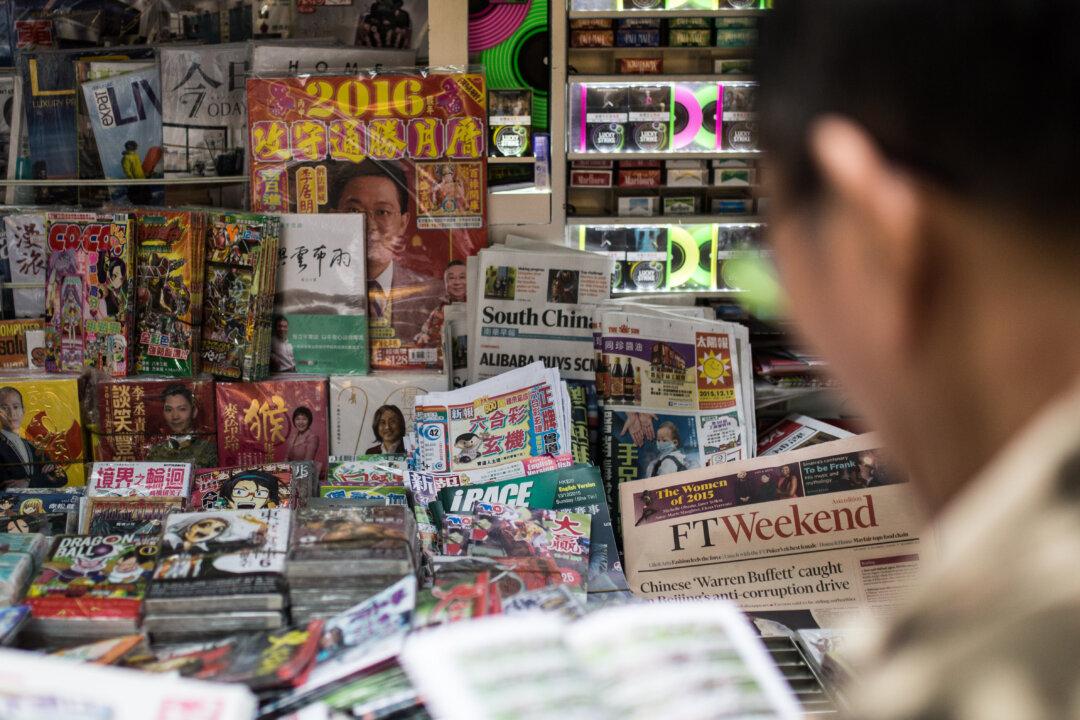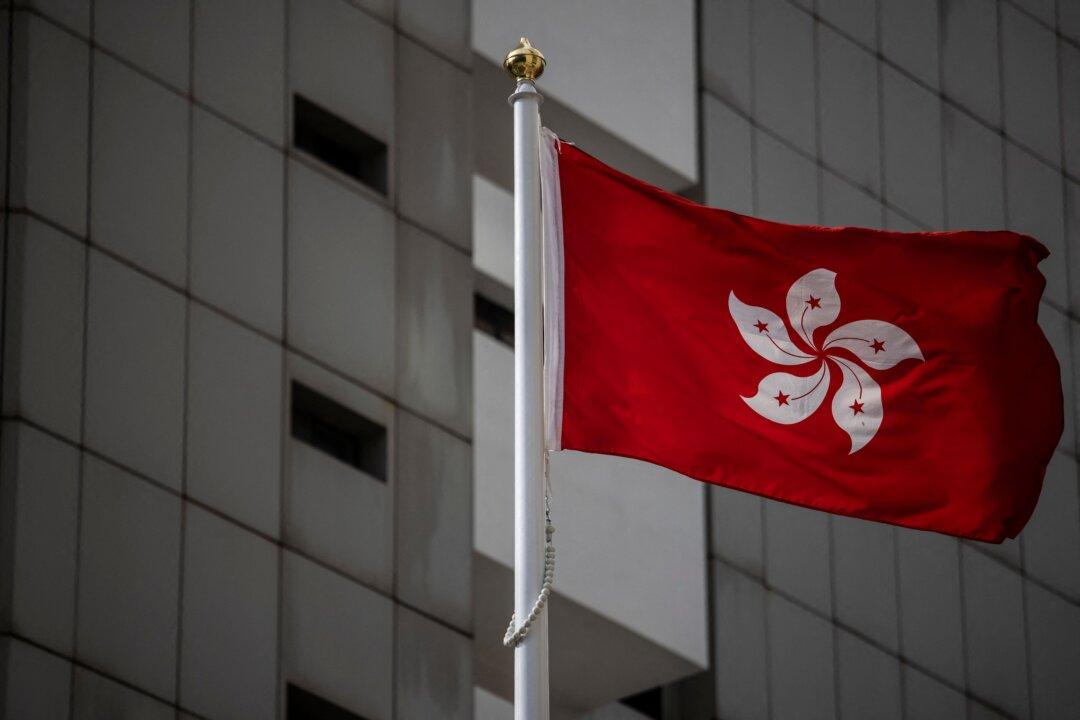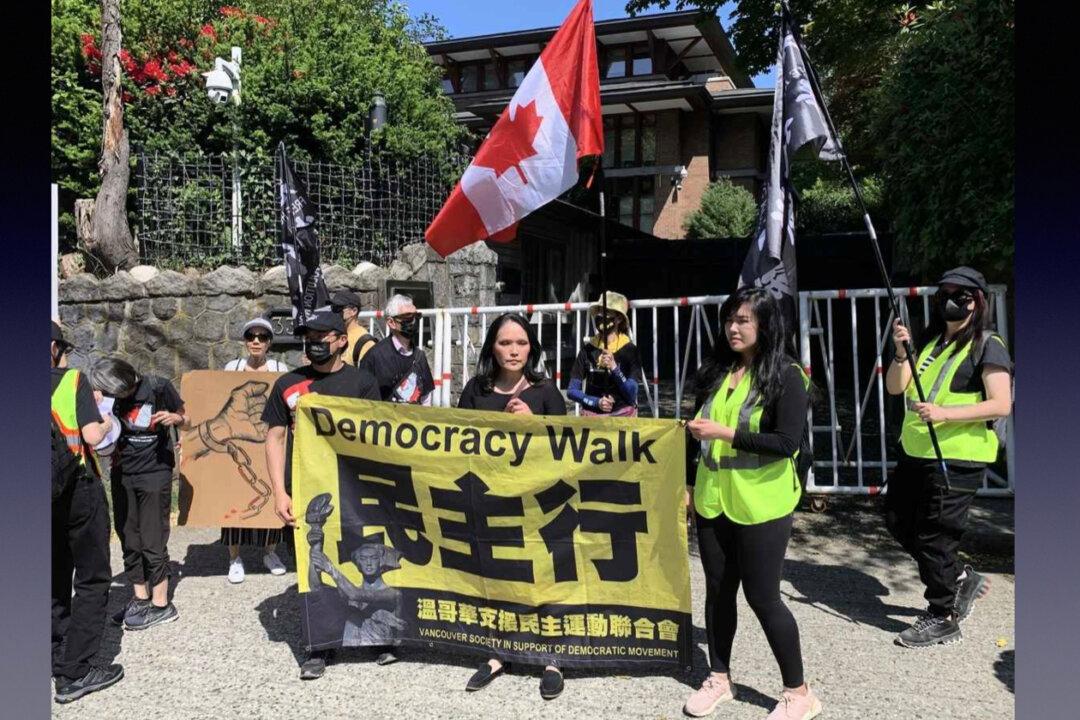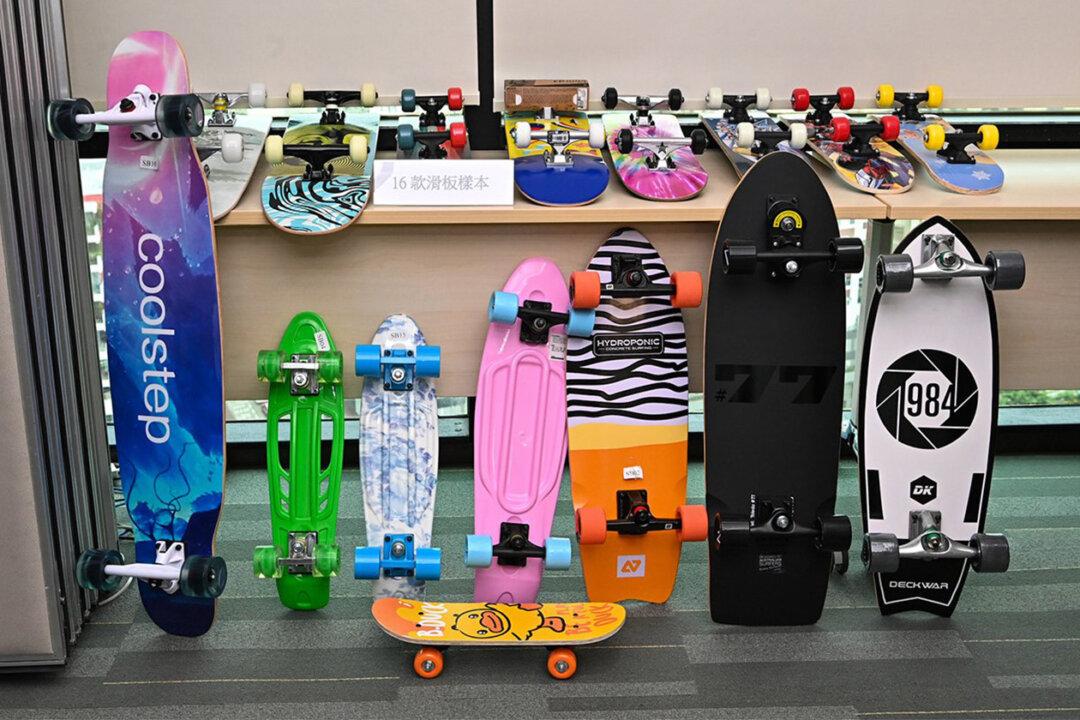Even if you are not interested in politics, you might have heard of the dire situations Hongkongers struggle with due to the National Security Law—or how the Beijing and Hong Kong governments violate the fundamental rights of their people.
Hong Kong has experienced a tremendous loss of many talents in a few short years, from medical experts to prestigious professors. They left Hong Kong with their loved ones because they feared what could happen next: what else could the national security law strip away aside from their freedom of speech and universal suffrage?




